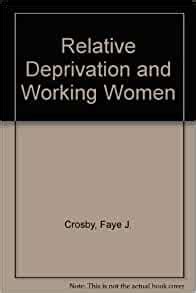A Quote by Benjamin Spock
On the average, older parents are more flexible, tolerant, understanding, and happy in child care.
Related Quotes
I was never used to being happy, so that wasn't something I ever took for granted. I did sort of think, you know, marriage did that. You see, I was brought up differently from the average American child because the average child is brought up expecting to be happy - that's it, successful, happy, and on time.
Tolerance sounds like a virtue, and at times it may be. [But should] a parent be tolerant of behavior that is harming a child? Or the police be tolerant of criminals who prey upon others? Should doctors be tolerant of disease, or public schoolteachers tolerant of any answer on an exam, no matter how wrong?
You become more and more charged with your life and with a life that you're observing. When I was younger, I was actually looking forward to getting older, to have more insight, more understanding. I'm much more tolerant with others and with myself. I'm not in rebellion all the time, I'm not angry so much. But all those feelings are really useful [when you're young] because they fire us, as long as they don't get out of control.
Compared to other parents, remarried parents seem more desirous of their child's approval, more alert to the child's emotional state, and more sensitive in their parent-child relations. Perhaps this is the result of heightened empathy for the child's suffering, perhaps it is a guilt reaction; in either case, it gives the child a potent weapon--the power to disrupt the new household and come between parent and the new spouse.
You can read the best experts on child care. You can listen to those who have been there. You can take a whole childbirth and child-care course without missing a lesson. But you won't really know a thing about yourselves and each other as parents, or your baby as a child, until you have her in your arms. That's the moment when the lifelong process of bringing up a child into the fold of the family begins.



































